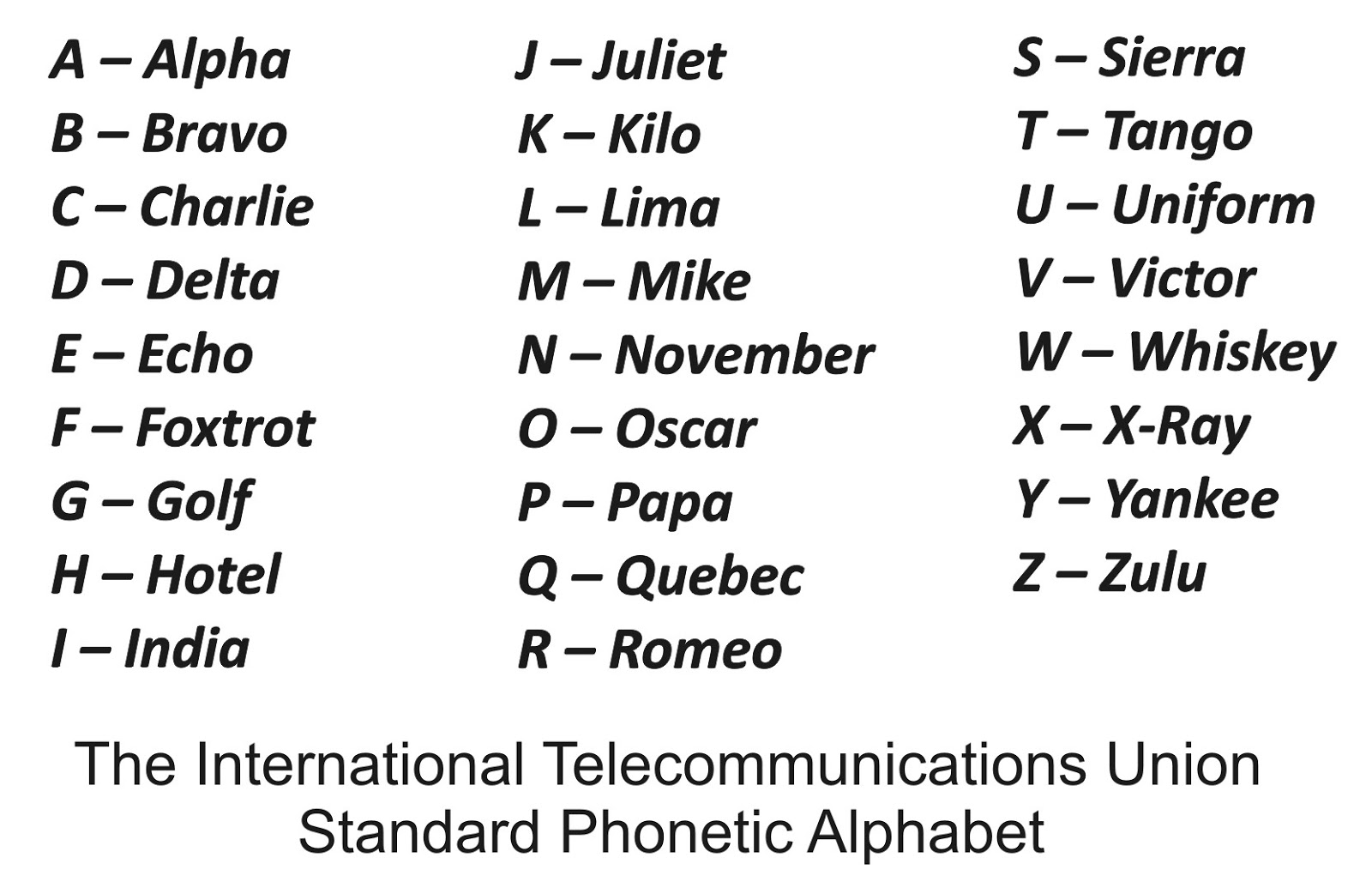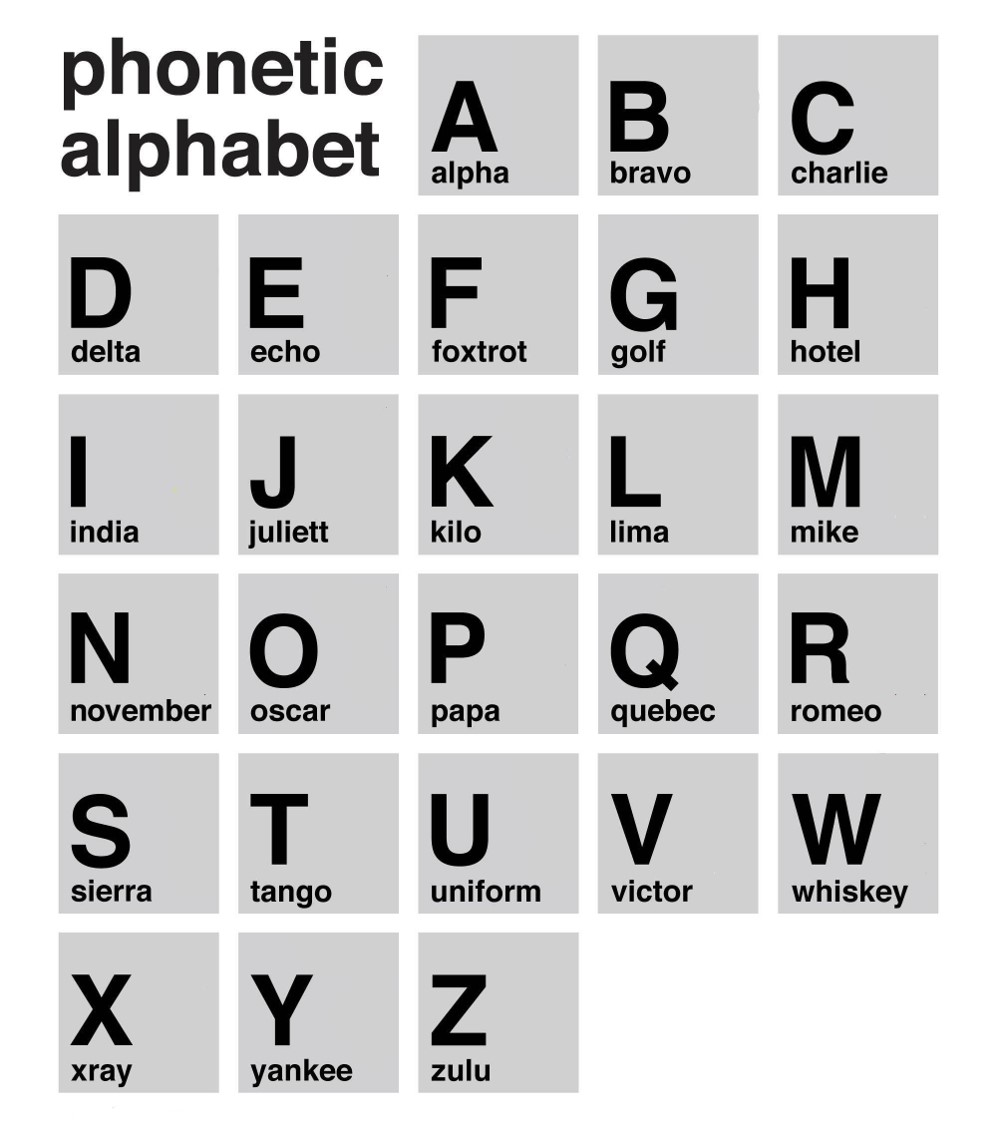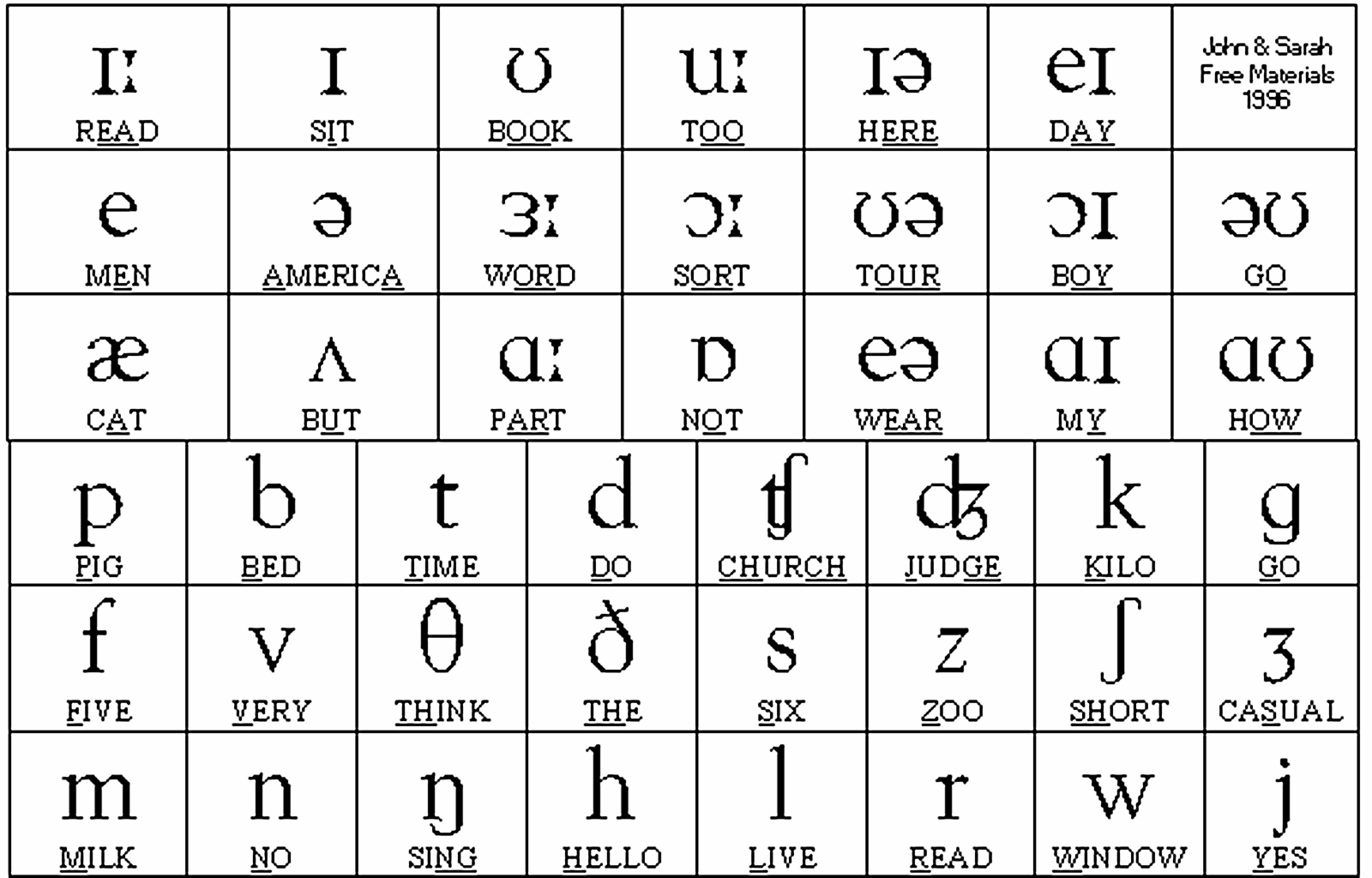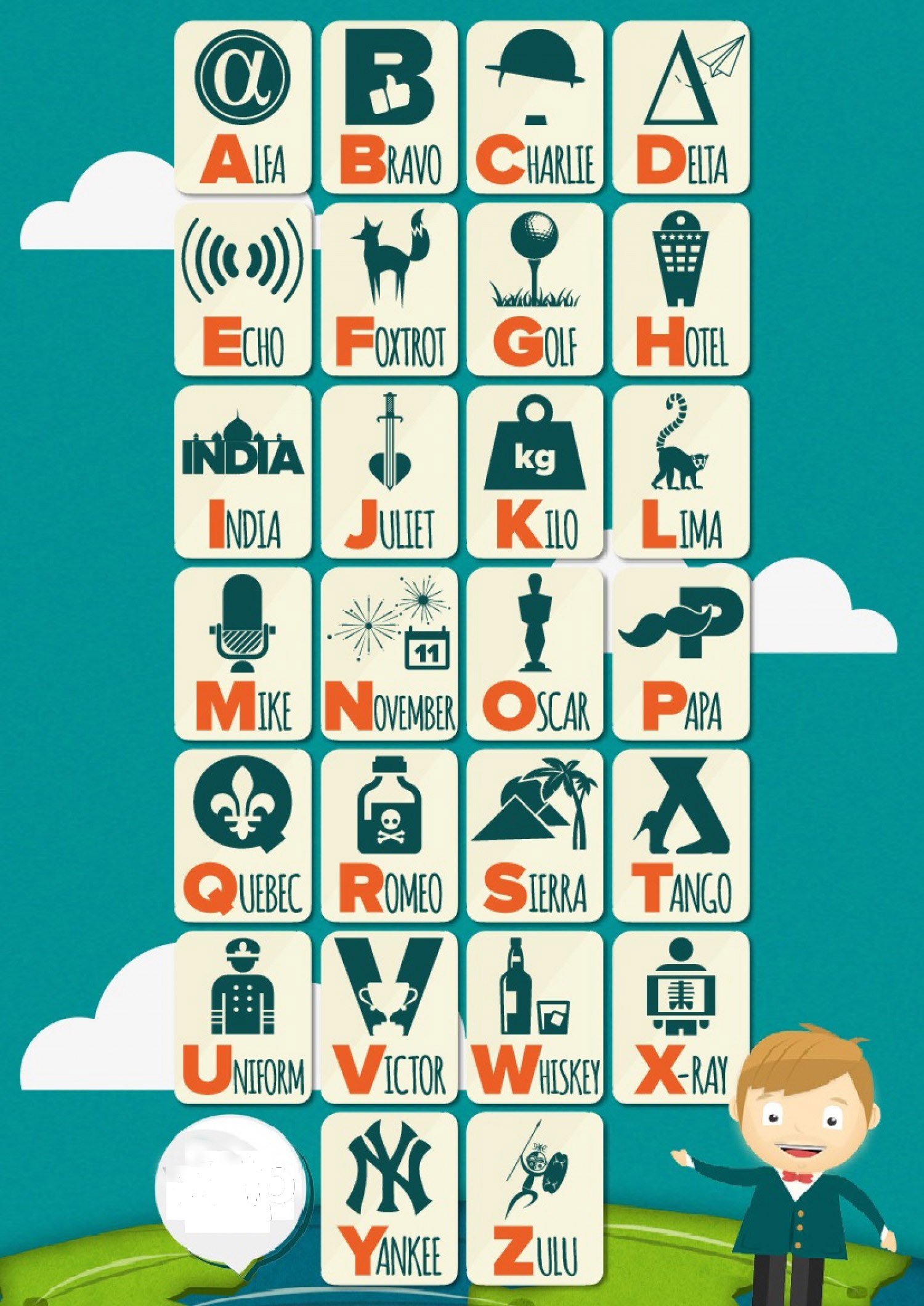Modern International Phonetic Alphabet
The modern international phonetic alphabet is a system of phonetic notation that is used to transcribe the sounds of human speech. It is a powerful tool designed to accurately represent the sounds of any language in a standardized way. With the rise of globalization and the need for effective communication across different languages and cultures, the modern international phonetic alphabet plays a crucial role in various fields including linguistics, language teaching, speech pathology, and more.
The Importance of the Modern International Phonetic Alphabet
In a world where language barriers can hinder effective communication, the modern international phonetic alphabet serves as a solution to overcome these challenges. By providing a standardized representation of speech sounds, it allows for accurate pronunciation across different languages. This eliminates miscommunications and enhances cross-cultural understanding.
Benefits and Applications
The modern international phonetic alphabet is essential for language learners, as it enables them to accurately reproduce the sounds of a new language. It facilitates the teaching and learning process, making it easier for individuals to acquire pronunciation skills. Furthermore, in the field of speech pathology, the phonetic alphabet is used to diagnose and treat speech disorders by analyzing and correcting speech sound errors.
Tips for Utilizing the Modern International Phonetic Alphabet
When using the modern international phonetic alphabet, it is important to familiarize yourself with its symbols and their corresponding sounds. Regular practice and exposure to the alphabet will enhance your ability to accurately transcribe and pronounce different sounds. Additionally, it can be helpful to use visual aids such as charts and diagrams to reinforce your understanding.
About the Modern International Phonetic Alphabet
The modern international phonetic alphabet was developed by the International Phonetic Association (IPA). It has been updated several times to reflect changes in language and advancements in phonetic research. The alphabet consists of a set of symbols that represent specific speech sounds, including consonants, vowels, and suprasegmental features such as stress and intonation.
Featured Applications of the Modern International Phonetic Alphabet
The modern international phonetic alphabet is widely used in various fields. In linguistics, it serves as a fundamental tool for transcribing and analyzing speech sounds across different languages. In language teaching, it aids in the accurate pronunciation and instruction of foreign languages. Furthermore, it is utilized in the recording industry and broadcasting sector to ensure correct pronunciation of names and words.
Share a Personal Opinion on the Benefits
In my opinion, the modern international phonetic alphabet is an invaluable asset for anyone aiming to effectively communicate in multiple languages. It provides a solid foundation for acquiring accurate pronunciation skills and facilitates language learning. Additionally, it promotes cross-cultural understanding and eliminates language barriers, making it a vital tool for global communication.
Comparison with Other Phonetic Systems
When compared to other phonetic systems, the modern international phonetic alphabet stands out for its comprehensive coverage of speech sounds. It has a standardized set of symbols that can accurately represent the diverse range of sounds found in human languages. This makes it a versatile and widely accepted system for phonetic transcription and analysis.
Facts about the Modern International Phonetic Alphabet
Did you know that the modern international phonetic alphabet includes symbols for sounds that don’t exist in many English dialects? This allows for accurate representation of sounds from different languages, enabling learners to accurately reproduce these unfamiliar sounds. With regular practice and exposure, individuals can develop proficiency in pronouncing various sounds from around the world.
Question and Answer about Modern International Phonetic Alphabet
Q: How can the modern international phonetic alphabet help language learners?
A: The modern international phonetic alphabet provides learners with a standardized system to accurately reproduce the sounds of a new language. This ensures proper pronunciation and improves overall language proficiency.
Q: Is the modern international phonetic alphabet only used for English?
A: No, the modern international phonetic alphabet is used for transcribing and representing the sounds of any language, regardless of its origin.
Q: Can the modern international phonetic alphabet help individuals with speech disorders?
A: Yes, speech pathologists utilize the modern international phonetic alphabet to assess and treat speech disorders by analyzing and correcting speech sound errors.
Q: How can I learn and practice the modern international phonetic alphabet?
A: There are various resources available, including online courses, books, and interactive software, that can help you learn and practice the modern international phonetic alphabet. Regular practice and exposure to the symbols and sounds are key to becoming proficient in its use.
Conclusion
In conclusion, the modern international phonetic alphabet is a powerful tool that aids in effective communication across languages and cultures. It plays a vital role in language learning, linguistics, and speech pathology. By providing a standardized system for transcribing speech sounds, it enables accurate pronunciation and enhances cross-cultural understanding. Whether you are a language learner, linguist, or simply curious about the intricacies of language, the modern international phonetic alphabet can greatly benefit your understanding and communication skills.
If you are looking for CLAA * "Linguistics and the International Phonetic Alphabet" you’ve visit to the right page. We have 10 Pictures about CLAA * "Linguistics and the International Phonetic Alphabet" like USMC Phonetic Alphabet — in 20 seconds! | All Marine Radio, International Phonetic Alphabet Use Beyond Two-Way Radios and also Phonetic Alphabet Free Stock Photo – Public Domain Pictures. Here it is:
CLAA * "Linguistics And The International Phonetic Alphabet"

classicalliberalarts.com
ipa phonetic alphabet phonetics pronunciation transcription phonetisches linguistics internationales revised fonetico internazionale script internationaal worksheet transcriptions alfabet musings mosel
Part Of Pure Linguistics – Phonology

srafiahmh.blogspot.com
phonetic phonetics beta radio phonology morse useless talents phonetisches relevance continued ict dibahas kajian ipa dalam harambe
Phonetic Alphabet Free Stock Photo – Public Domain Pictures

www.publicdomainpictures.net
alphabet phonetic
Phonetic Alphabet – English Grammar – School Lead | English Phonetic

www.pinterest.ca
alphabet phonetic phonetics pronunciation ipa phonics phonemic grammar phonemes these
USMC Phonetic Alphabet — In 20 Seconds! | All Marine Radio

allmarineradio.com
phonetic usmc seconds allmarineradio
International Phonetic Alphabet – Singing | Phonetic Alphabet, English

www.pinterest.co.uk
phonetic ipa phonetics pathology phonics alphabetic slp dialects singing
International Phonetic Alphabet | Phonetic Alphabet, Phonetic Chart

www.pinterest.com
ipa phonetic phonetics chart phonics anglais phonétique phonology
English Hub: Phonetic Chart- The Symbols For English Phonemes.

suganthanportal.blogspot.com
phonetic chart symbols english alphabet phonemes ipa list phonetics transcription phonemic words phonology pronunciation table sound esl hub fonetica transcribe
International Phonetic Alphabet Use Beyond Two-Way Radios

www.chicomm.com
alphabet phonetic international use radios beyond way two
Communications | Savannah Arsenal

savannaharsenal.com
alphabet phonetic phonetics chart code morse letters indiana jones party
International phonetic alphabet use beyond two-way radios. Ipa phonetic phonetics chart phonics anglais phonétique phonology. International phonetic alphabet



